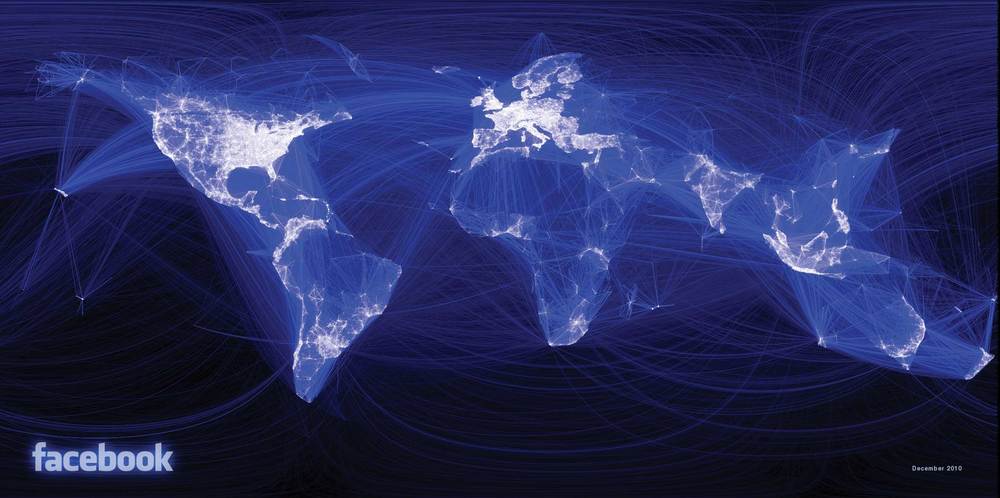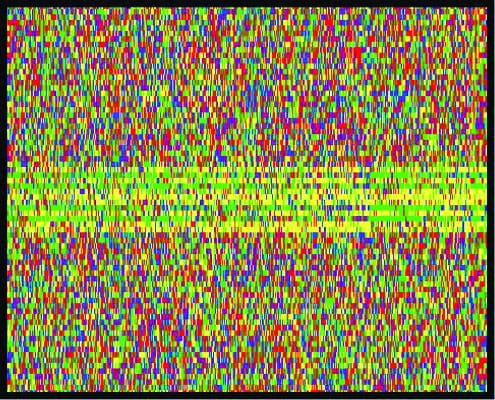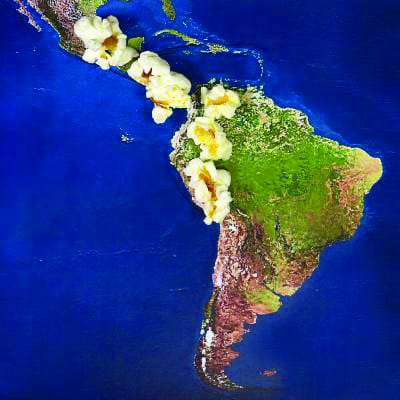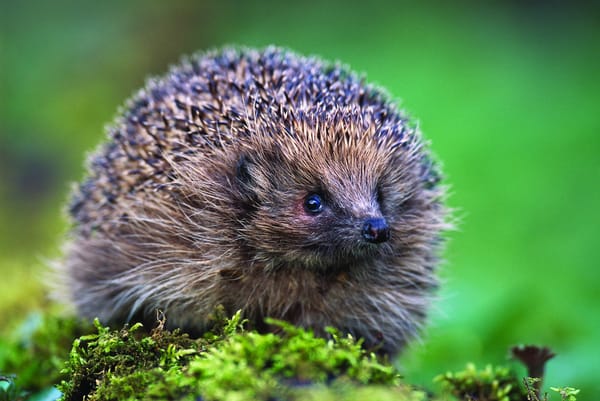Historic social networks
The concept of social networking is not as modern as you may think.

We normally think of social networks as a modern-day phenomenon: Facebook, Twitter etc. come to mind. But according to recent research published in Nature, ancient societies may have been organised along much the same lines.
It is a popular belief that the evolution of human behaviour is all about natural selection, with all our behaviours driven by the desire to pass on our genes: finding a genetically fit partner and protecting our own offspring. However this somewhat reductive model is not the whole story, not least because it doesn’t consider how and why we form friendships and cooperate with people even when they are not genetically related to us, and we don’t intend to reproduce with them.
The recent research focused on the Hadza people in Tanzania, who have a hunter-gatherer lifestyle thought to be similar to that of our early human ancestors in the late Pleistocene, and are relatively isolated from modern culture and technology. Two network models were constructed, based on who participants said they would like to share a camp with, and who they would choose to receive a gift of honey (a prized delicacy).
Once a social network is created, there are various metrics to be measured and analysed. These include degree distributions (how many friends do you have), transitivity (how likely is it that two of your friends are friends themselves), degree assortativity (are popular people more likely to have popular friends) and homophily (do similar people tend to cluster together). These measures differ from those on randomly generated networks of the same size, due to the human preferences underlying them.
Additionally they tend to form similar patterns and trends, regardless of the society in question, and the results for the Hadza population looked remarkably like those for modern social networks. This indicates that the way we form friendships and social groups is hard-coded in our psychology, and emerged as part of our evolution as a species.
The researchers also offer an intriguing hypothesis about how human society diverged from normal primate patterns: our ability to understand how reproduction works and recognise our paternal family meant we no longer had the need to enforce ‘dispersal’ of the young from their birthplace and family groups in order to prevent inadvertent in-breeding. This may have encouraged more stable groupings, increasing the opportunities for friendships, and hence social networks, to form.
The importance of social networks in our evolutionary history is thought to relate to the development of cooperation, a distinctly human habit which allows us to go beyond immediate family relationships and work together in large groups to achieve goals which benefit and advance society. In social networks, more ‘cooperative’ people tend to form groups – and interestingly the more anti-social ‘defectors’ also tended to be friends with each other.
It is still unclear whether this is because cooperators simply prefer to form links with like-minded people, or whether cooperative people in fact influence the friends connected to them. Either way, there is strong evidence that social networks and cooperativity are closely linked, and co-evolved early in human history.
DOI:10.1038/nature10736







